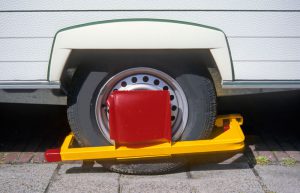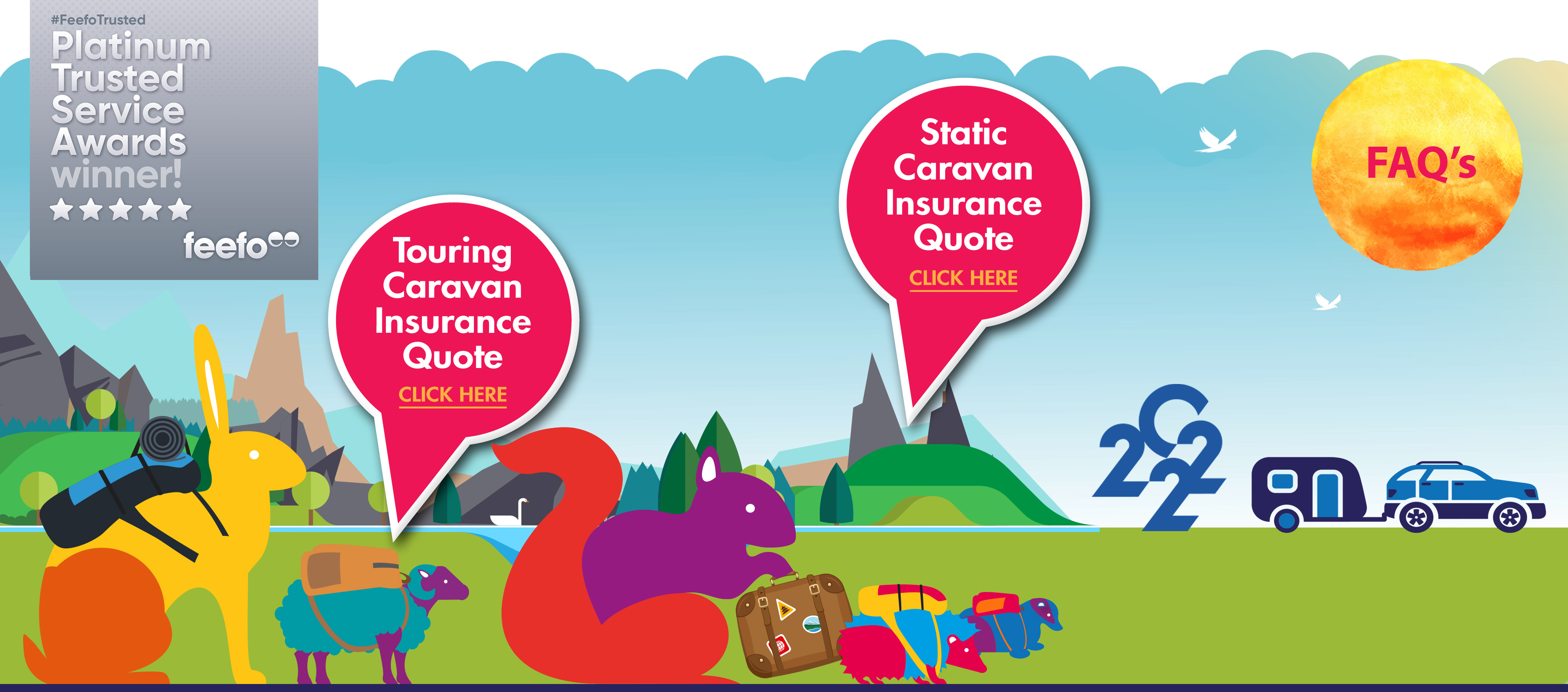
Keeping your caravan safe and secure is a year-round concern. It doesn’t matter whether you are using it practically every weekend – during the summer for example – or whether it is laid up in storage for the winter. Security will continue to be a major concern.
Caravan security is important, of course, because it reduces and mitigates the risk of loss or damage. Therefore, security also has an impact on your touring caravan insurance.
As with any type of insurance, the general principle is that you will take as much care in protecting against loss or damage as if there were no insurance cover at all. Quite simply, any insurer is entitled to expect you to maintain a reasonable level of security and to take every precaution for mitigating any loss or damage.
Indeed, many caravan insurance providers offer attractive discounts on premiums if you have made special efforts to improve your caravan security.
Improving your caravan security
Here are some tips and suggestions for improving your caravan security:
Immobilisers
- one of the simplest and most effective deterrents against the theft of the caravan itself is immobilisation;
- this typically employs a dual method of immobilisation – used in tandem when the caravan is still hitched to the towing vehicle – employing both wheel clamps and hitchlocks;
- there are a wide variety of wheel clamps, offering different degrees of sophistication and robustness for use when the caravan is unhitched, and which may be used in conjunction with a hitchlock whilst attached to the towing vehicle;
- most touring caravan insurance policies require the use of either or both of these immobilisation devices whenever the caravan is left unattended;
Alarms
- a closely related security measure is the intruder alarm – designed to deter any but the most determined of thieves;
- as the Caravan Club points out, alarms vary quite widely in their sophistication, reliability, and expense;
- issues such as the amount of power consumed (especially during storage) and the ease with which you may disable the alarm may be difficult for the uninitiated to determine;
- the Caravan Club recommends that you look for the Master Locksmiths’ Association’s Sold Secure standard when buying any alarm or high-specification locks;
Locks
- whenever you leave your caravan unattended, a basic precaution is to ensure that all windows and doors are properly closed and locked;
- but have you considered whether the factory-fitted locks are providing the appropriate level of security – or whether an upgrade might be appropriate?
- a wide range of security door locks are available – some incorporating handrails for added security and safety – from various outlets;
Storage
- your touring caravan may be at its most vulnerable when it is laid up for winter and no longer in regular use;
- your choice of a suitable storage site is likely to be critical to its security during such times;
- rather than storing your caravan on your driveway – or, abandoning it to some remote corner of a farmer’s field (which would typically invalidate your insurance) – consider one of the secure facilities offered by members of the Caravan Storage Site Owners’ Association (CaSSOA), where complete peace of mind may be given by a gated, securely fenced and constantly monitored site;
- there are four hundred or so CaSSOA sites around the country and each is regularly inspected and graded according to the security it offers;
- what’s more, if you agree to use such a site when storing your caravan, you may earn valuable discounts on the premiums you pay for your touring caravan insurance – at Cover4Caravans, for instance, we can offer discounts up to 20% depending on which CaSSOA site your ‘van is stored.
Caravan insurance is important and something to which you might want to pay close attention, not just to protect your investment, but also to save money on the insurance premiums you pay.
For further tips, please read our Guide to Caravan Storage and Security.

